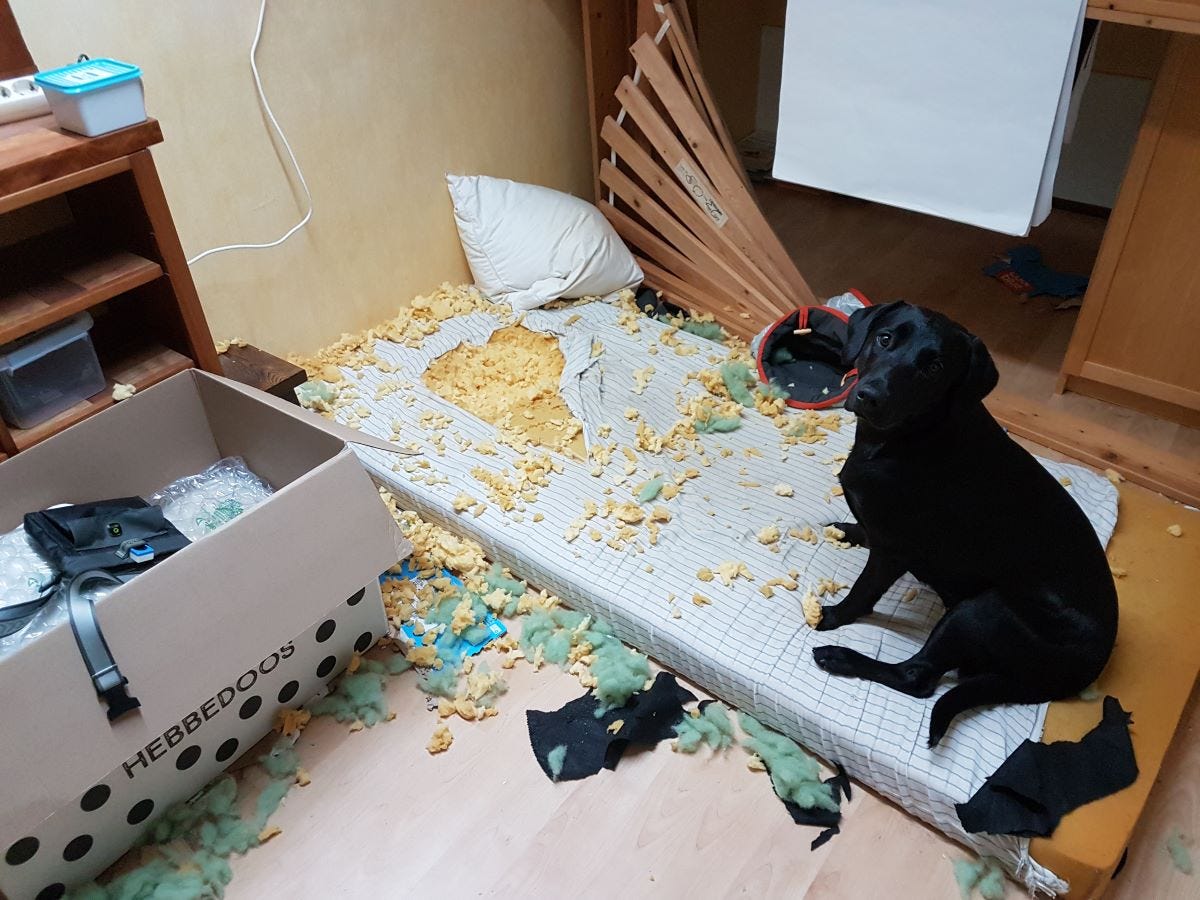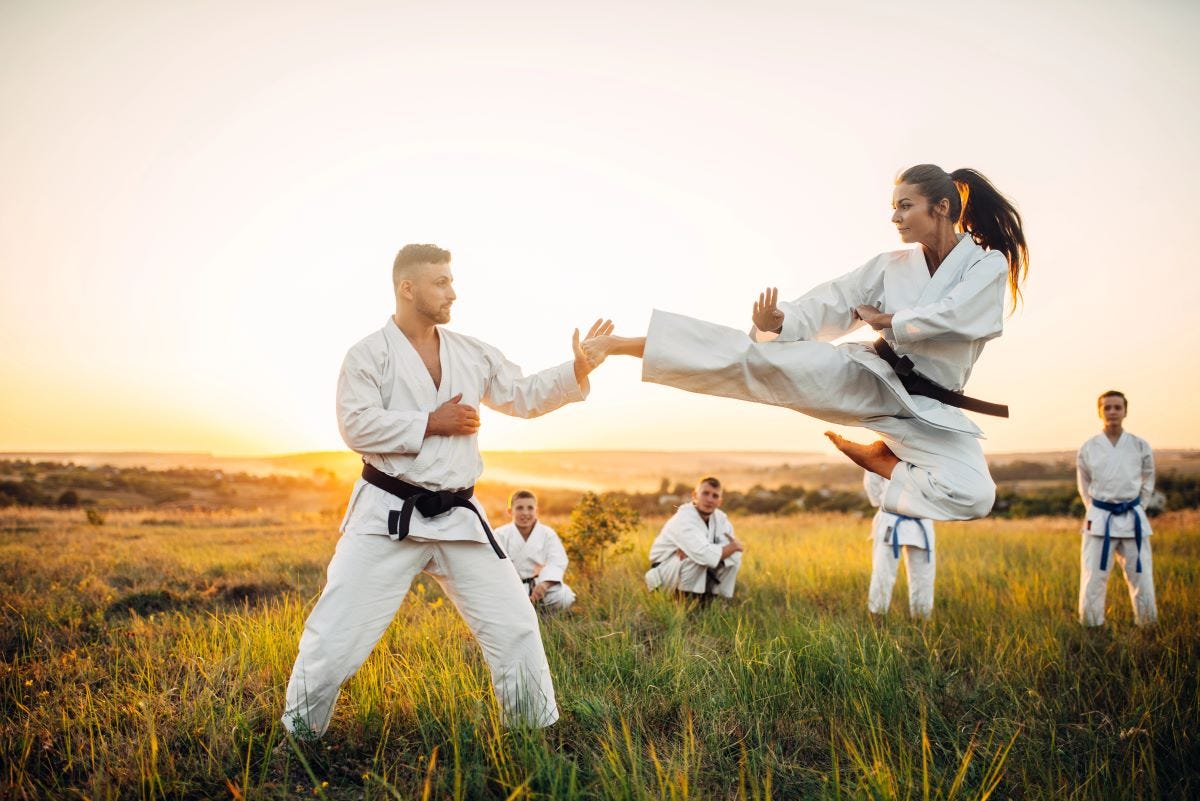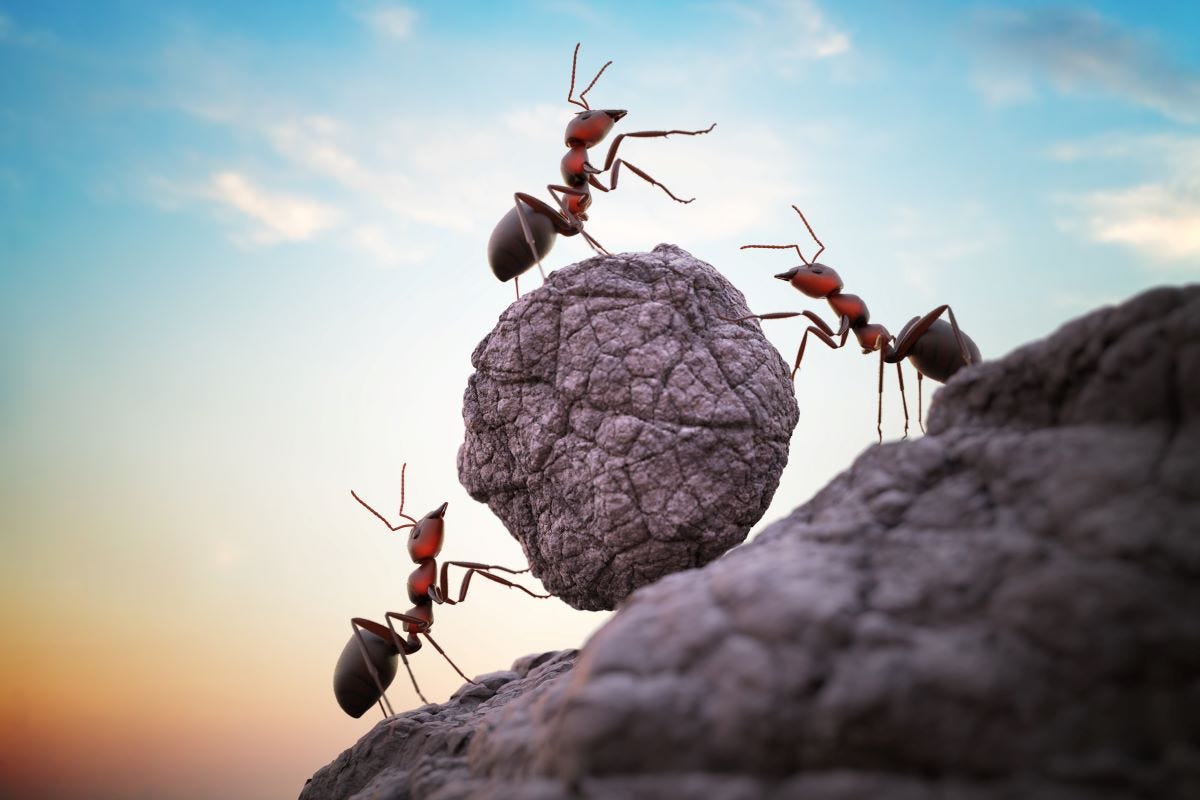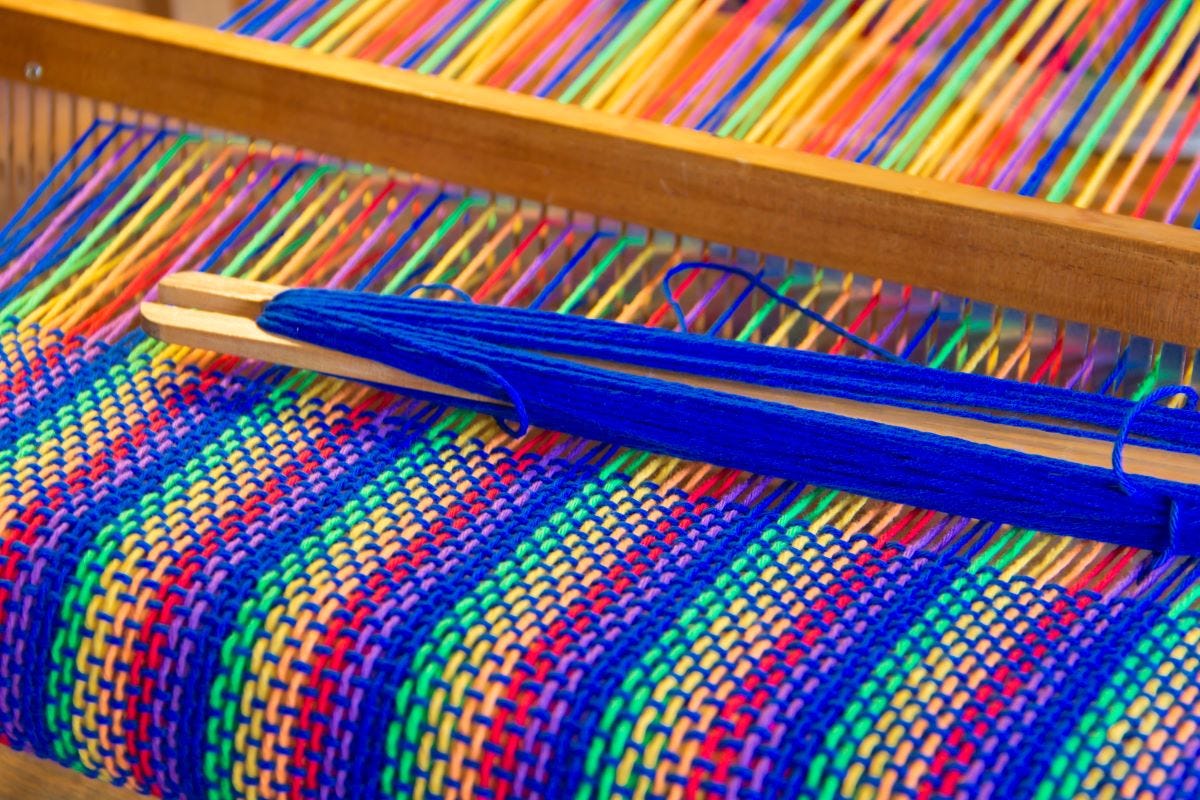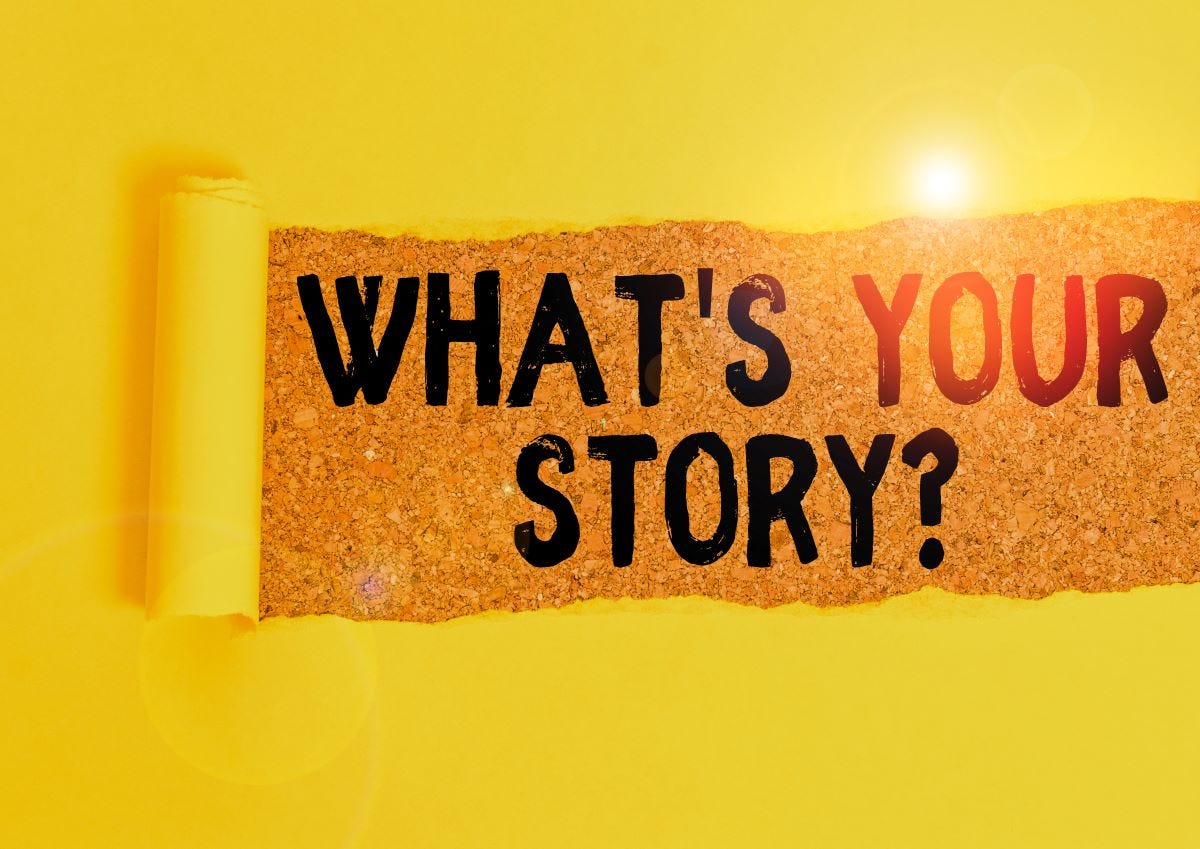Resistance is futile. Right?
My story about resisting what I needed to do and ending up doing it anyway
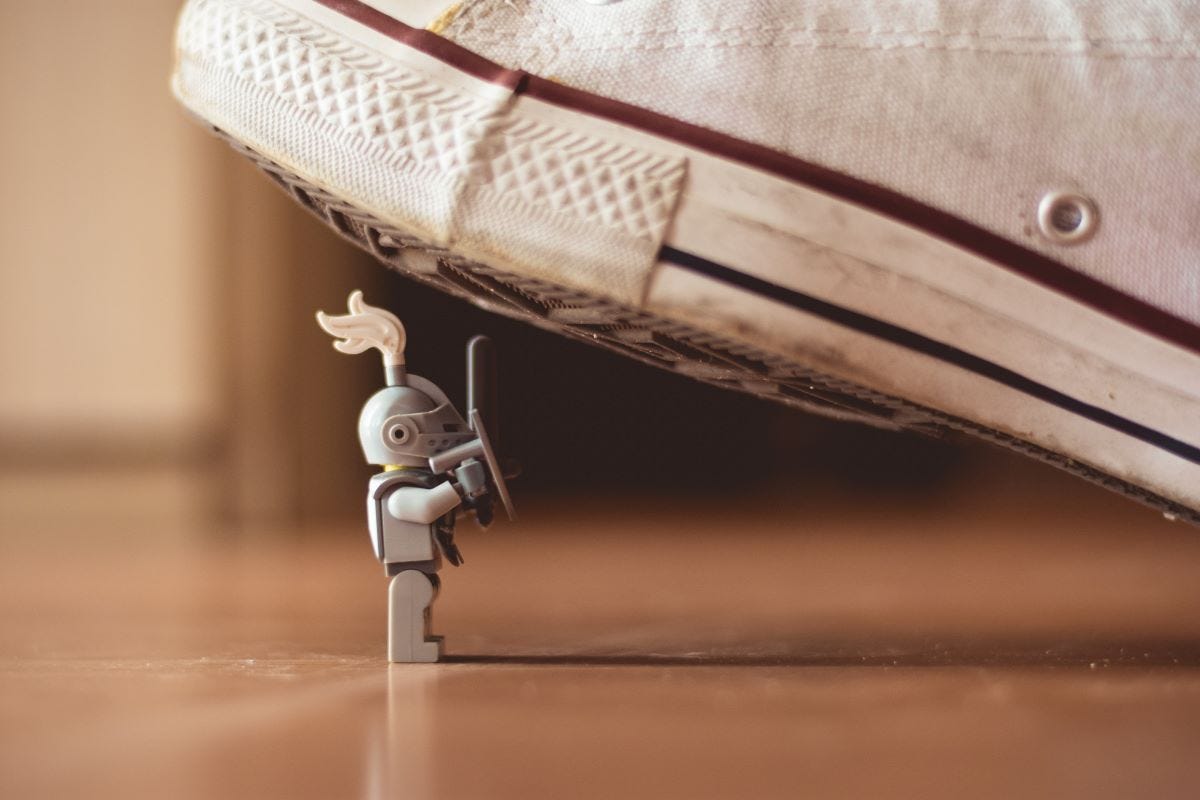
The Borg1 had it right. Not in the way they meant: "We are the Borg. You will be assimilated." But in that resistance is futile when the outcome is inevitable.
The outcome, the future isn't inevitable, except when you resist doing what you need to do to make it happen.
Like my resistance against using the tools and practices I need to be effective and consistent. It turned out a waste of time and energy (resistance takes effort too!) and a burden on my effectiveness and self-image, because, in the end, I ended up doing exactly what I should have been all along.
In other words: entirely futile.
How did that happen?!
It started a little over 3 years ago.
Getting more than I bargained for
Somewhere in my 50s, a psychologist told me I was probably ADD (ADHD, inattentive type). When she read the DSM criteria to me, the conclusion was inescapable. At that time, I was happy to leave it at “Ok, being so easily bored is not my character, it’s my biology.” It didn’t occur to me (nor her) that there might be more to it.
It wasn’t until about 3 years later when a friend received an ADHD diagnosis for her daughter (and her husband turned out to be ADHD as well), I finally dug into what ADHD is and means and how it shows up in people’s lives.
Couple of months later I decided I wanted to find out whether ADHD medication would be helpful for me. Because if a pill could make it easier to deal with tedium and repetition, I wanted me some.
Now, by then I knew that I am ADHD. Not thanks to the DSM criteria — still written about boys and ignoring how it presents in girls, let alone adult females. But thanks to reading about the experiences of women with ADHD and the specific tests for women, both on the ADDitude Magazine website.
But to get the medication I needed an official diagnosis.
Five or six months later I had 3: ADHD (combined type), autism, and giftedness.
The ADHD obviously wasn’t a surprise.
The giftedness wasn’t too much of one either. I’ve always known I am “not exactly dumb”, though I would not have labeled myself gifted. In part because I never got to see the results of the IQ and other tests I took in my teens and for job applications.
The autism was a surprise. That had not been on my radar at all. In hindsight it’s very clear, though.
Those diagnoses got me what I wanted (medication), but they got me a whole lot more than I bargained for.
The relief that killed a dream
Those diagnoses were a relief. It wasn't me! It was my biology.
And I had proof now.
I could finally stop the self-flaggelation. My character traits were not the cause of the trials and tribulations in my life. My biology (wiring) was. I could finally stop the self-flaggelation. Self-flaggelation I had engaged in for lacking desirable traits — even when I had evidence to the contrary.
Then it dawned on me. Oh... but my biology… that means... it is me. Not my character, but still me. What’s more, if it’s my biology, the way I’m wired, then there’s no relief, no remedy (apart from ADHD medication — perhaps), no escape.
I will have to deal with all my challenges for the rest of my life.
It killed my dream in two seconds flat.
A dream I'd had and pursued for 30+ years. (And they say I don’t have persistence?)
The dream of finding a way to stop getting bored with everything as quickly as I do, to find something that would keep me interested for the rest of my life, to find my (a) purpose, to finally (at 60) know what I want to be when I grow up.
I still don’t know what I want to be when I grow up.
I wasted the years since my diagnoses
It feels that way sometimes.
It feels like I should have been able to take those diagnoses and the ADHD "treatment" and instantly turn myself around into an effective, productive individual using whatever I needed to remedy the challenges an Autist-ADHD'er-Gifted’er faces to function in a neurotypical world. One that still has little patience with or understanding for diversity of any kind.
What I glossed over is that those diagnoses represented a loss.
And a loss begs to be grieved.
Grieve I did.
I thought I'd worked through it at the end of the ADHD treatment (a few months).
I hadn't. In fact, it had only postponed the grieving by focusing on pragmatics.
And I rebelled.
I shouldn't have lost that dream. I shouldn’t have to give it up.
I should be able to suck it up and make a success of what(ever) I wanted to do now that I knew my neurodivergence was responsible for my “lacks and failures”.
My giftedness should be able to outsmart my autist and ADHD'er. My gifted’er should be able to keep their shenanigans in check.
I should not need tools and practices, crutches for the weak and incompetent, neither of which I am.
So many shoulds...
But especially that last one. Funny really, because before I’d though myself smart for using and benefiting from hacks — tools and practices — even if I had a hard time making them into habits.
Grief over the loss of my dream warped my mindset. I shouldn’t need X, so I hated needing them, and actively resisted using them.
Talk about “getting in your own way”…
Kick in the butt didn't help, until...
Talking about it with a friend, she said: "That's crazy, Marjan. If you need it, do it."
Ya. True. 100%.
Didn’t make a blind bit of difference except to make me feel worse for still not getting myself back in gear.
Grief and self-pity kept me stuck.
Even a paid accountability circle, didn’t unstick me, even though it helped me do more towards getting back into publishing than I'd done for two years.
Then, luck struck.
I serendipitously found a body double2 who I had known for some time and who’s in the same sort of game I am.
We were both showing up because neither of us wanted to let the other down. And we were both working. After all, we were there anyway. Oh, we do chat, but our chats tend to be useful, and we’ll do the sessions regardless. What’s more, we’re both loathed to waste them on the mundane like administration, so we work on anything related to what we want to achieve with our writing.
The result?
Even after only a couple of times, we were addicted. Neither of us wants to do without anymore as we were both getting so much more done than working alone.
Yet we also both knew consistency, especially in publishing articles and social media posts, was still lacking.
So around the beginning of last December, we made a resolution (not a New Year's resolution — I don't do those, they tend to go nowhere): we were going to make 2025 about consistency.
And that finally got me over my resistance.
Because I knew that to have a shot at consistency, I'd need to use tools and practices I'd come to see as crutches, and needing those a sign of weakness and incompetence.
Without them I'd forever be dabbling and wouldn't have given it a real shot.
I still don't like needing them, but I'd rather be taking action and getting any kind of results than forever questioning what might have been.
Resistance is futile
Although my resistance was an expression of my grieving process and the grieving was necessary, the resistance itself was still entirely futile. Because it kept me from an inevitable outcome, or at least an inevitable process.
That’s: applying the tools and practices I need to be effective, and tweaking, tailoring them to suit me — how my neurodivergence shows up in my life.3
To get there I (had to):
Shut up my belief that there's only one way of doing anything "properly" and that that’s how I should do it.
Shut up my belief that other people know more and know better what’s good for me than I do.
Shut up my belief that despite most gurus out there being neurotypical, they still know better than I do what will work for me to get the results I'm after.
Shut up the same belief about neurodivergent gurus, who know better what could work for me, but still aren’t me.
Shut up my belief that being your own boss gets you out of tedium and boredom.
Shut up my warped thinking that tools and practices are crutches for the weak and incompetent.
Re-awaken my belief that I'm smart for using any hack that helps (if I can remember to stick with them).
Give myself permission to learn from others and still find and do it my way.
Consistency loomed and looms
It's working.
I am finding my way, experimenting my way to find the practices that work for me.
I am taking liberties with the advice in all the courses and programs I have taken in the past decade and before. Ignoring the steps and norms (like "post every day") they teach and boiling it down to what matters: why the steps work. And then figuring out how I can make it work for me.
And you know what?
This week (or so) marks 3+ months of consistently publishing twice a week on LinkedIn. That's the longest streak of consistently publishing in almost a decade!
Now to do the same on Substack 😇.
What about you?
Are you resisting something you know you need to do to get what you want?
What keeps you from doing it? What are the thoughts and emotions that keep you from going at it?
Get it out in the open. That's the first step in turning it around.
Then: what could you tell yourself instead that's helpful and encouraging?
Please share your story in the comments. I’ll encourage and support you.
The cyborgs in Star Trek (The Next Generation and other spin offs of the original).
Someone who is present when you work, but doesn’t do your work or help you do it. It’s advice I’d found for ADHD’ers to combat procrastination (and more). I just didn’t know where or how to find one and my autist didn’t really want to try — definitely not multiple times until I’d found one who’d “fit” with what I do. Because although a body double doesn’t need to do anything except be present, that works mostly for tedious and repetitive stuff. For cognitive work, it helps a lot if they’re in the same boat.
Everyone with one or more of all of my three (yes, I count giftedness as neurodivergence too), has common challenges, but they still differ in how they show up. Because ADHD and autism are spectrum “disorders”, meaning the level to which their challenges limit functioning in a neurotypical world varies, and because this doesn’t just apply to the “disorders” as a whole, but to individual aspects of them as well.






